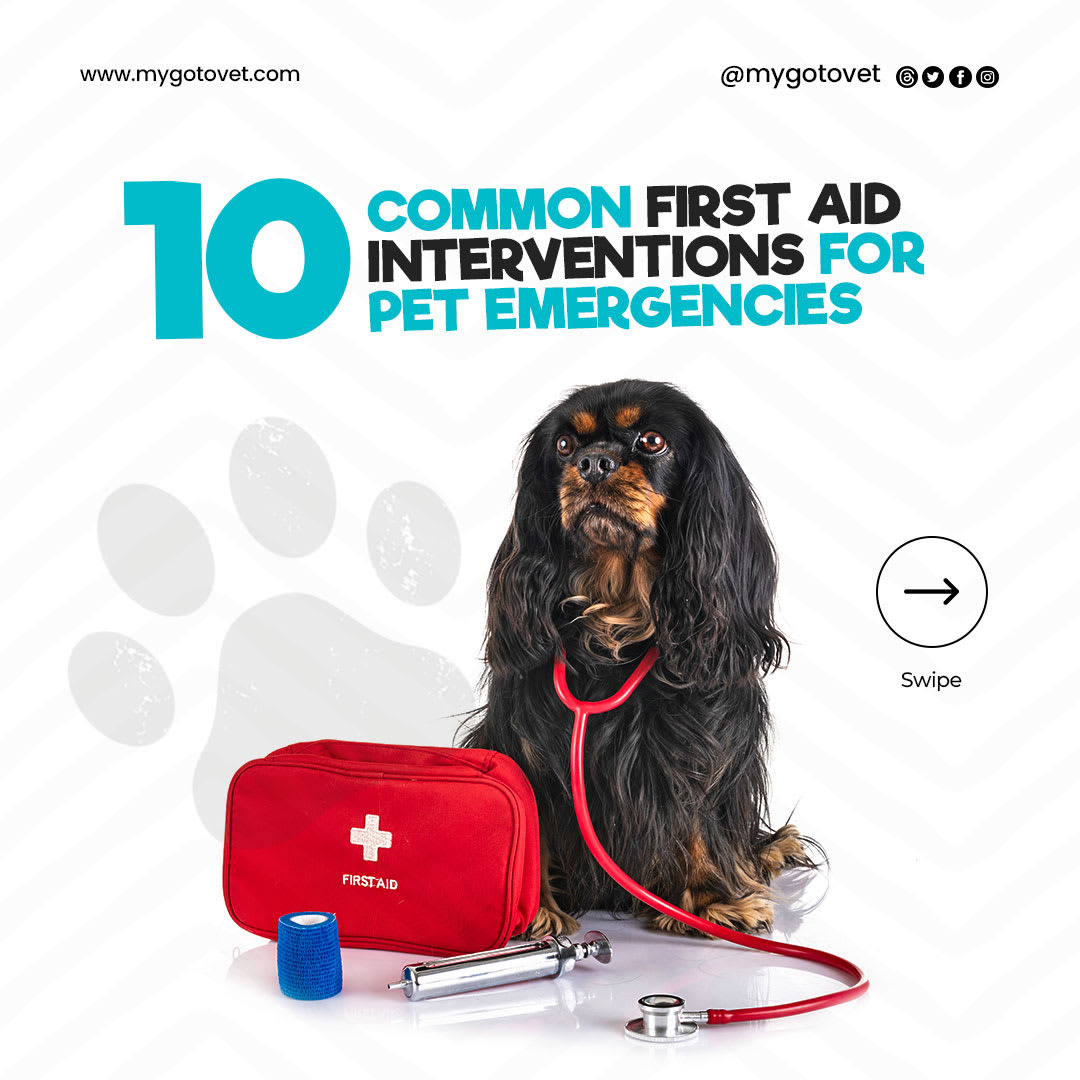Pets
COMMON HEALTH ISSUES OF PETS
Pets bring immense joy, but they can also encounter unexpected health issues that every owner should be ready for. If your once lively and playful dog suddenly becomes lethargic and stops eating, it’s natural to worry—especially if you’re a first-time dog parent. Being able to recognize the signs of common illnesses is crucial, as it allows for timely treatment and helps ensure a better quality of life for your furry friend.
Read 7 Vital Pet Care Secrets Your Vet Wishes You Knew
Here are five common health problems in dogs irrespective of breed and age that every dog owner should be aware of:
PARASITES
Parasites are the party crashers your pet doesn't need. These creepy crawlies can spread diseases and cause serious issues like paralysis, blindness, diarrhoea, vomiting, anaemia, bloating, and even death. Parasites can be found in the stomach and intestines (worms), blood (babesia) and on the haircoat (ticks, fleas and mites).
What to Watch For:
A sad, mopey dog avoiding food and people
Gunky eyes
Diarrhea and vomiting
Weight loss and a bloated belly
Visible bugs on the fur
Hair loss, itchy, red, or scaly skin (cue excessive scratching, biting, or licking)
How to Prevent or Treat:
Use vet-approved flea and tick treatments (shampoos, soaps, powders)
Regular deworming per your vet’s advice
Keep your dog’s area clean and parasite-free
Regular vet check-ups to nip infestations in the bud
Teach your dog to avoid eating trash
EAR INFECTIONS
Droopy and erect-eared dogs are prone to ear infections, although droopy-eared dogs are more prone to ear problems. The most common ear disorder in dogs is seen in the external ear canal which can appear red or swollen. Ear disorders can be caused by parasites, foreign objects, and allergies while bacteria, yeasts, or tumors can perpetuate the condition.
What to Watch For:
If your dog has an ear infection, you might notice them shaking their head a lot, or you might catch a whiff of a bad smell coming from their ears. The skin around their ears could look red and swollen, and they might scratch at their ears more than usual. You might also see more discharge (like ear wax) than normal, and their skin could look scaly. Depending on what's causing the infection or how long they've had it, their ear canal might be sore or itchy. This can happen in one ear or both, and the symptoms can show up suddenly or stick around for a long time.
How to prevent or treat ear infections:
Regularly groom your pet, trim the hairs around their ear and gently clean out the ear
Deworm your pet once a month and medicate for ticks fleas and mites.
Present your pet to a veterinarian for a proper diagnosis if an ear infection is suspected
Use vet-approved ear cleaner to flush the ears once or twice a week
Ear drops containing antibacterial, antifungal and steroids could be prescribed to be applied 3-4 times a day.
GASTRITIS: Tummy troubles
Besides worms, dogs like humans can eat food that does not sit well with their tummies which can cause some severe damage resulting in vomiting, diarrhoea or abdominal distress which can be noticed when your dog groans, whimpers and lies on its hands with the legs stretched out or elevated. Gastritis can be sudden (Acute) and self-limiting or prolonged (chronic) resulting from the ingestion of spoilt food, poison, foreign bodies, certain drugs, or as a result of systemic diseases, infections with parasites, viruses or bacteria.
How to prevent or treat gastritis:
Keep up with routine vaccinations and deworming
Do not feed contraindicated food/treats to dogs
Keep animals from eating rubbish outside the house
If signs of gastritis are observed, the dog should be taken to the vet
Electrolytes and fluids lost from Vomiting and diarrhoea can be controlled by administering OTC oral rehydration salts.
Antibiotics, antiemetic and antidiarrhoeal medications are usually used in the treatment of gastritis.
ALLERGIC REACTIONS
Happens when your dog's body gets triggered by food/treats, dust, smells, grasses, pollen, and insets.
What to Watch For:
Allergic reactions in dogs can appear as reddish discolouration of the skin, hives/rashes, sneezing/coughing, drooling saliva and in severe cases suffocation and death due to bronchial obstruction.
Prevention and Treatment of allergic reactions involves
Identifying the causes of allergies and keeping dogs away from them. For instance, if a dog keeps sneezing when your vaporizer is turned on, it is best to turn it off or keep the dog in another compartment of your house.
Treatment involves medicating with antihistamines, steroids and/or bronchial dilators to revert the triggered effects from the allergies.
Read more on: HIDDEN CAUSES OF ALLERGIES AND HOW TO HELP
MICROBIAL INFECTIONS
Common bacterial, fungal and viral infections of dogs include canine distemper, adenovirus, parainfluenza, parvovirus, rabies, coccidiosis, and leptospirosis which can be very easy to prevent as dogs up to date on their vaccines rarely get these diseases.
What to Watch For:
Most microbial infections are extremely hard to treat as they come with a handful of nasty symptoms which includes vomiting and bloody diarrhoea as in canine parvovirus, liver damage manifesting as jaundice in leptospirosis, severe flu-like symptoms in the canine parainfluenza virus and many other systemic disorders.
Treatment and Prevention of Microbial Infection:
Keeping your dog safe at home and away from stray dogs and maintaining good hygiene can prevent microbial infections.
Treatment of microbial diseases typically involves first identifying the primary cause of the illness (proper diagnosis) and the use of appropriate chemotherapeutics such as retroviral, antibiotics, antifungal, and antiparasitic medication to eliminate these harmful pathogens. Then treat the symptoms by replacing fluid loss, stopping diarrhoea and vomiting with antinausea drugs and critical care till the animal recovers.
NEED SOME HELP?
Verified animal experts and veterinarians are available for personalized consultations to answer all your questions about your pet’s behaviour, health, nutrition, and even coping with loss.
Animal Health & Blogs

11 December 2024
0 likes
11 December 2024
0 likes